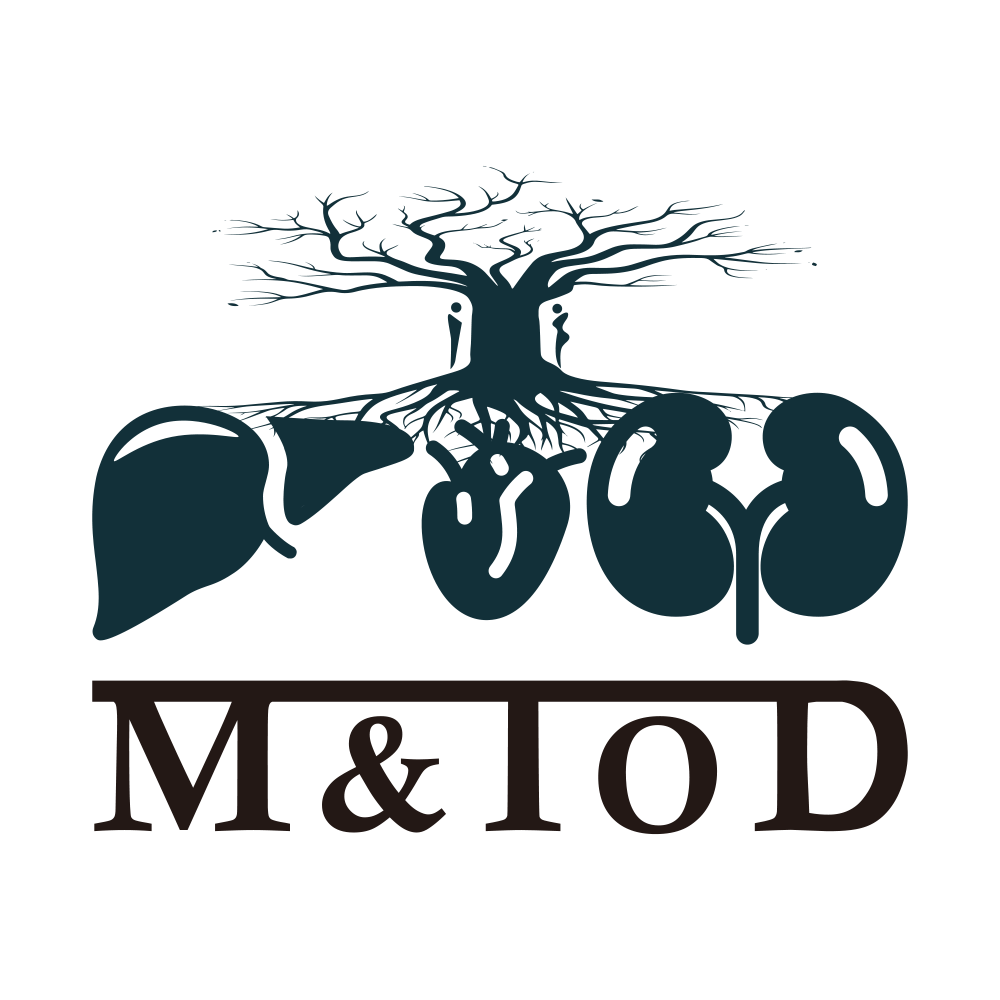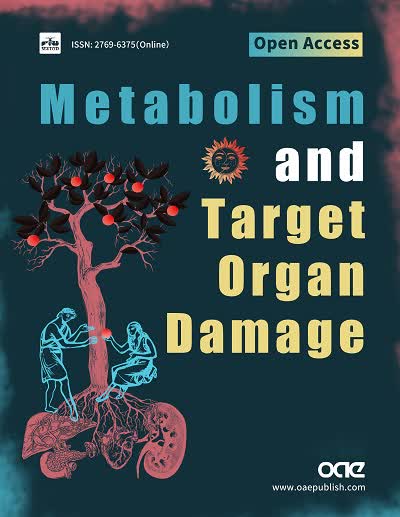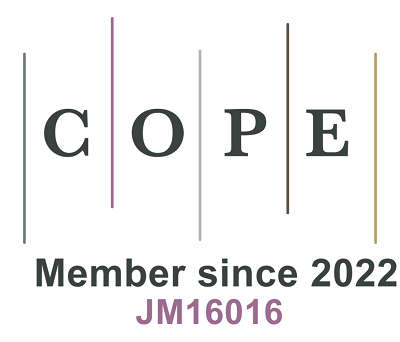A Special Interview with Prof. Jacob A George - Dynamic Conversation between Jacob A George and Amedeo Lonardo
On May 14, 2024, M&TOD hosted a highly anticipated interview featuring distinguished hepatologist Prof. Jacob A. George. The conversation delved into a wide array of topics, spanning from disease naming to scientific methodologies. Guided by Editor-in-Chief Prof. Amedeo Lonardo, the discussion explored focal points within the field of hepatology, offering valuable insights and perspectives.
During the interview with Prof. Lonardo, Prof. George shared his perspectives on the importance of disease naming and reflected on past discussions regarding whether NAFLD could have simply been referred to as "Ludwig's disease."
Regarding the various nomenclatures for metabolic fatty liver syndromes, such as NAFLD, MAFLD, and MASLD, Prof. George expressed his views on the advantages and disadvantages of each term, suggesting that a definitive definition is yet to be established. He also provided insights into how to better articulate the identity of metabolic fatty liver syndromes.
Furthermore, Prof. Lonardo explored potential cross-cultural differences in disease naming and invited Prof. George to share his perspectives on the matter.
This dialogue not only brings new insights to the field of hepatology but also offers valuable advice to young hepatologists. Prof. George encouraged young researchers to embrace innovation and make significant contributions to liver disease research.
Questions for this interview:
1. The letter that you and I, along with a group of eminent colleagues, recently published in Journal of Hepatology has received a gracious response in the form of an Editorial written by Prof. Angeli, Editor-in-Chief of the journal. “Naming is taming”: Why do you believe that there is such a strong interest in naming diseases? Probably, in the past, would NASH have been simply alluded to as “Ludwig’s disease”?
2. “NAFLD” undoubtedly remains the most used among the various nomenclatures to designate metabolic fatty liver syndromes. However, other nomenclatures have been coined over time, with “MAFLD” meeting universal consensus and, more recently, “MASLD” seemingly generating some controversy. In your opinion, which among NAFLD/MAFLD/MASLD best captures the identity of the metabolic fatty liver syndromes? Or are we still far from the ultimate definition?
3. It may be argued that “science does not follow the methods of democracy”. Does this imply that we should do without Delphi conferences in future?
4. A major topic to discuss is “stigma” and “stigmatization”. When dealing with these themes, one should always consider that “nonalcoholic” negates (rather than emphasizes) a given etiology of liver disease, and that what may sound stigmatizing in certain cultures (e.g., the adjective “fatty”) may be a synonym of “healthy” and “prosperous” in many others. How do you feel that these cross-cultural differences can be resolved in the scientific arena?
5. The book entitled “Destined for War” by Graham Allison addresses the question of how an established power and a rising power can avoid collision and military conflict. Do you believe that this book has anything to do with the scientific controversy (if not acrimony) that we are presently witnessing in the arena of the NAFLD/MAFLD/MASLD nomenclatures?
6. Eminence versus evidence: How would you suggest addressing the above-mentioned controversies? On the one hand, one might propose the edification of a “Global Hepatological Society” aimed at avoiding the dominance of single-nation (or continental) Scientific Societies, which could disadvantage excluded countries that are often home to prestigious scientific leaders. On the other hand, one might simply rely on scientific data and the experimental method.
7. Clearly, if a given national/continental Scientific Society (irrespective of how prestigious it may be) enforces the utilization of a given disease nomenclature, how can comparative studies be conducted? Could this attitude be a concern for the advancement of science?
8. As many of us are retiring or retired researchers, it seems to me that younger generations of investigators seemingly want to mark this generational change by establishing a novel disease nomenclature. Do you have any suggestions for younger hepatologists?
Personal Introduction:

Prof. Jacob George is a renowned hepatologist and liver research scientist who studies the causes of and mechanisms for the development of liver disease and liver cancer, and boasts an H-index of 113 from Scopus. He contributes to investigator-initiated and multicenter international clinical trials on therapeutics for liver diseases, and leads a program of research on viral hepatitis, fatty liver disease, liver fibrosis, host genetics/liver immunology and the epidemiology, prevention and management of liver cancer. Central to Prof. George's research is its translational aspect, seamlessly bridging laboratory discoveries with clinical applications. Prof. George’s pioneering work has significantly influenced clinical practice. Notably, his team first identified the role of interferon lambda 3 gene polymorphisms for predicting treatment response in chronic hepatitis C, and a second gene polymorphism that interacts with interferon lambda 3. These discoveries represent major advances in the field and exemplify the concept of ‘personalized medicine’. Prof. George’s seminal contributions extend to groundbreaking studies of combination telaprevir, pegylated interferon and ribavirin therapy for hepatitis C, which revolutionized the landscape of hepatitis C treatments, heralding the era of direct-acting antivirals. Moreover, his elucidation of insulin resistance as the universal underlying pathophysiological abnormality in fatty liver disease underpins contemporary therapeutic approaches (lifestyle intervention, exercise, and insulin-sensitizing agents). He also first described the association between hepatitis C and insulin resistance. In addition to his research endeavors, Prof. George serves as an advisor to Hepatitis Australia, the Transfusion Related AIDS and Infectious Diseases Service, offering his expertise on viral hepatitis at both state and national levels. Additionally, he oversees research endeavors for the Asian Pacific Association for the Study of Liver and holds fellowship status with the American Association for the Study of Liver Disease.
Prof. George’s research broadly covers liver disease and cancer, with specific emphasis on viral hepatitis, liver cancer, fatty liver disease, hepatic drug metabolism, and the contribution of host genetics and immunology to liver disease, liver injury, and fibrosis. His research interests extend to basic and clinical research on nonalcoholic steatohepatitis and the role of host genetics in treatment response and disease progression in viral hepatitis.
Prof. George leads an international genetics hepatitis C consortium that includes 4,200 patients from Australia, Egypt, Germany, Italy, the UK, Hong Kong, etc. This consortium serves as a platform to explore host factors linked to treatment response and/or the development of liver fibrosis and disease progression. His team is attempting to develop diagnostic tests for non-invasively predicting liver fibrosis stage, thereby obviating the need for liver biopsies. Additionally, supported by a major grant from the Cancer Council of NSW and the Cancer Institute, NSW, Prof. George is undertaking a research program investigating the epidemiology, pathogenesis, and treatment of liver cancer - a malignancy whose incidence is swiftly rising in NSW. The aim of this endeavor is to pioneer new strategies for prevention, early detection, and treatment.
Editor: Jennifer Lee
Language Editor: Catherine Yang
Production Editor: Yan Zhang
Respectfully Submitted by the Editorial Office of Metabolism and Target Organ Damage







